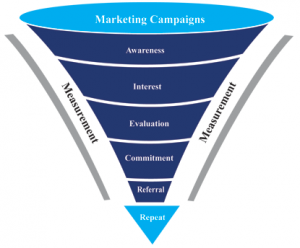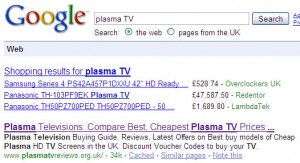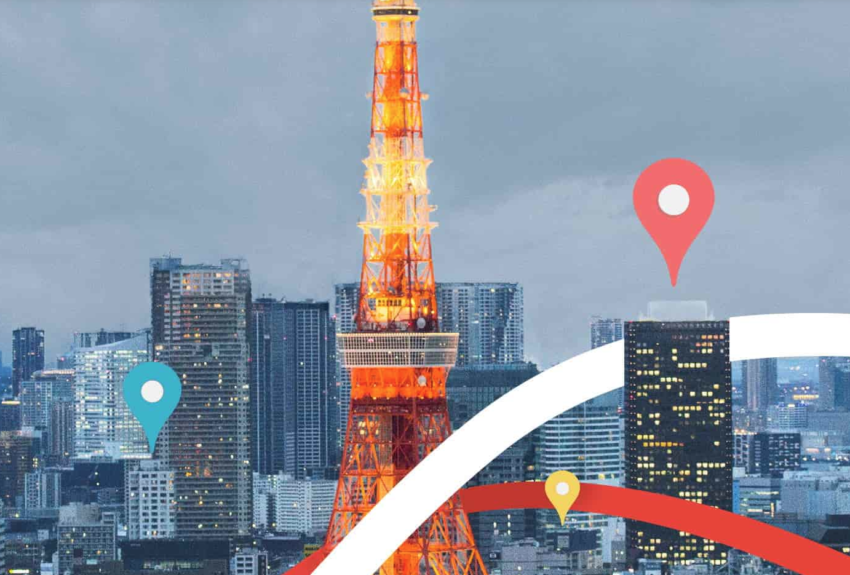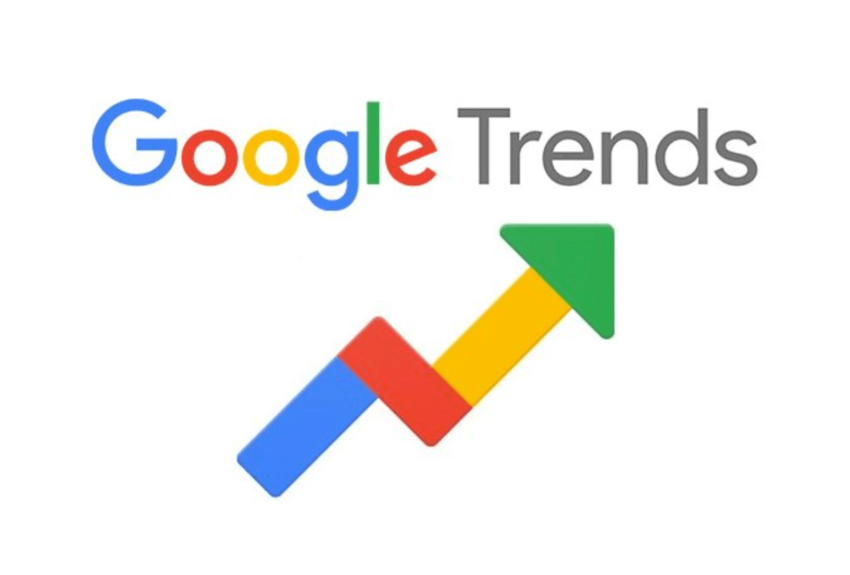Before you can make decisions such as keyword targeting and page optimisation, it is first important to understand the search buying cycle and how this can impact on your keyword queries and landing pages.

During the sales process there are several possible points of contact for the seller to influence the buyer. Everything from casual interest at the top of the funnel, though evaluation/research/comparison, and hopefully all the way to sale/commitment and possible referral.
The ability to understand this process is vital to an online marketing campaign, not just during the SEO process, but it should also impact on the website structure and build.
The Buying Cycle
Firstly think about how you yourself might behave online when you’re researching buying a product.
Taking a typical online purchase for something like a television. You might start with a search query for a very general phrase like TV or television. You’ll see that there are several irrelevant results for our purpose such as the BBC and ITV results, but using the informational properties such as Wikipedia, or the Google shopping results you may then make a decision that you’re looking for a plasma TV rather than an LCD TV.
Of course you may also decide to visit one of the commercial websites listed for these queries, or buy from the PPC listings, but it’s more likely you’ll want to research a bit more first.
Next you’ll probably search for Plasma TV, this is looking a bit more promising, there are several relevant shopping results some reviews websites and a few more relevant commercial sites appearing. After reading a few of the sites you decide that the Panasonic 50PZ800B looks fairly impressive and you want to find out a bit more about it.
Of course you search for it, possibly adding terms like review, test or comparison to bring up the more informational resources.
It’s about now that you feel you’re happy with your choice, you’ve compared it against other makes and models, you’re happy that it’s what you’re looking for and you want to go ahead and purchase.
To find online shops selling that specific model you may use buying trigger search terms such as buy or cheap, or possibly even adding geographic search terms such as London or UK.
Points to note…..
- A typical online sale is unlikely to result from one specific query, but is made up of several queries
- Some studies have shown up to 12 separate searches may be made before a purchase
- This process may take several days or even weeks
- At any point in this cycle the customer may decide to buy
- The process may crossover several mediums, the eventual sale may come from a phone call or a shop purchase
- The further into the cycle the higher the chance of a purchase
- The further into the cycle the lower the number of searchers
So how does this affect your actions when it comes to building and marketing your website?
Firstly you need to ensure that you’re targeting a range of search phrases that cover the entire sales process. If you’re only targeting the more general phrases such as TV and television then you’re probably missing some low hanging fruit in terms of the sales trigger phrases such as buy and cheap. Similarly if you’re only targeting the specific phrases then you’re also missing a lot of traffic that can be converted into sales.
Bearing the sales process in mind when building and organising your site can have a dramatic effect on sales and conversions.
Treat your site hierarchy as a representation of the sales process. Undecided visitors making generic searches need to be sent to the homepage where then you can influence their decision and funnel them further into your site using tools like buyers guides and FAQs or offers and other calls to action.
Visitors making more specific searches should be sent to relevant category or sub-category pages.
Product specific searches should of course be sent to the product page. Minimising the number of clicks that the visitor needs to make before buying will have a dramatic impact on search engine visitor conversion rates.
Although all of this sounds obvious, I constantly lose count of sites that try to optimise their homepage for as many phrases as possible when there are far more suitable landing locations on internal pages.






